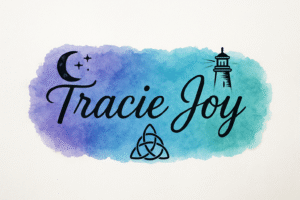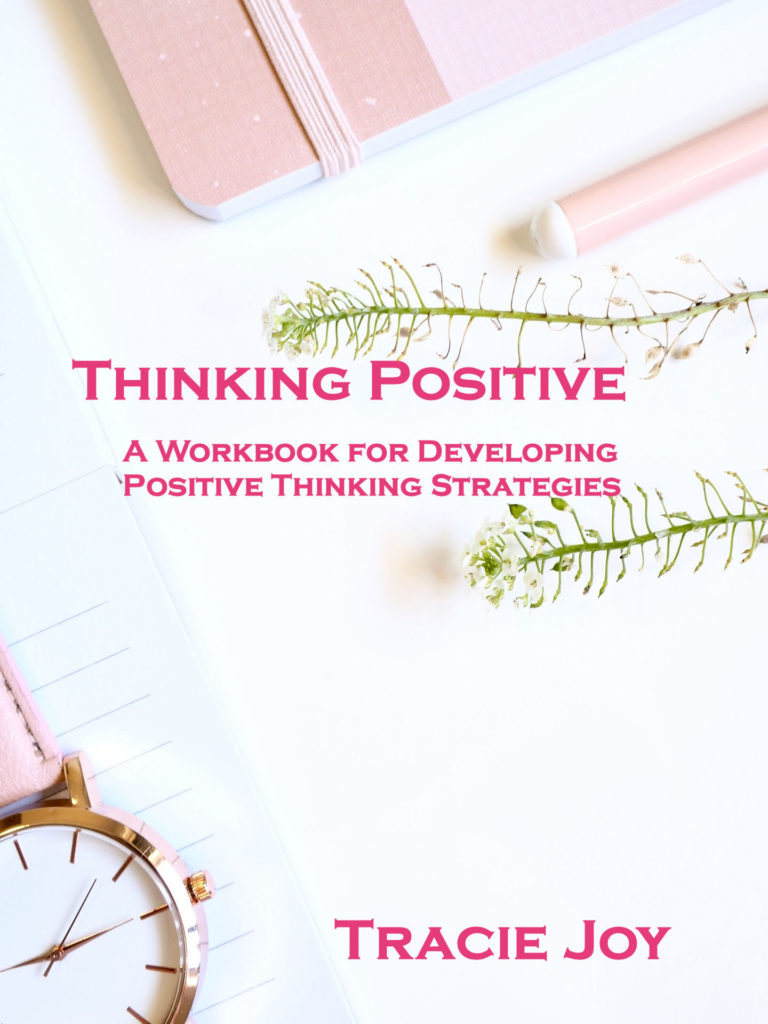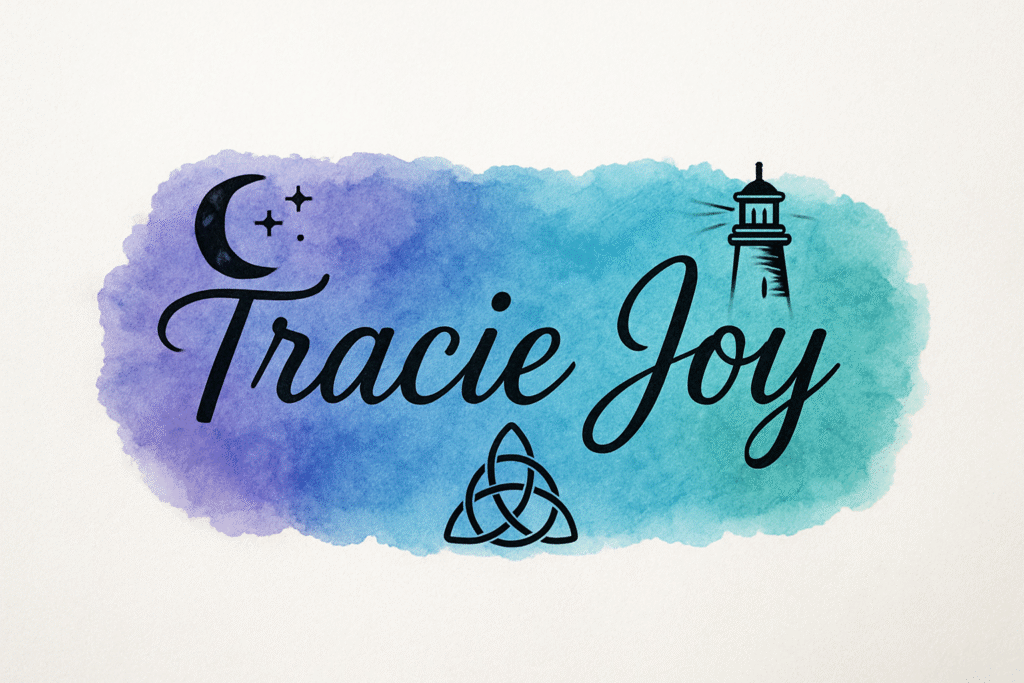Unstoppable Resilience: Rebuilding After My Website Hack
Running a blog is a lot like running a house—you need regular care, attention, and sometimes a serious clean-up when things go wrong. Recently, I learned this lesson the hard way when I discovered a website hack on my site. Yes, hacked! Over 300 posts appeared out of nowhere, many of them in  Greek or Russian, all of them promoting gambling sites.
Greek or Russian, all of them promoting gambling sites.
Now, let me be clear: I am not a gambler. Sure, I buy the occasional Powerball ticket and dream about winning the mega jackpot that will fund my retirement, but that’s where my gambling journey begins and ends. Even when I go to a casino, I walk in with a set amount of cash—usually one hundred or two hundred dollars—play the slot machines until it’s gone, and then I spend the rest of my time people-watching. That’s my version of casino fun.
So, when I saw my website filled with gambling spam, my heart sank. Not only was my site compromised, but my lack of attention to security had left the door wide open. Looking back, I can see where I went wrong. I hadn’t posted regularly, I didn’t keep my security measures strong, and frankly, I underestimated how vulnerable a “small” blog like mine could be to a website hack.
Why Hackers Target Small Websites
One of the biggest misconceptions is that hackers only go after large corporations or high-profile sites. The reality? Small blogs and personal websites  are often easier targets. Hackers aren’t necessarily after you—they’re after your platform. They use compromised sites to post spam content, promote scams, or generate backlinks to shady businesses.
are often easier targets. Hackers aren’t necessarily after you—they’re after your platform. They use compromised sites to post spam content, promote scams, or generate backlinks to shady businesses.
I may never fully understand why someone with serious tech skills would choose to waste them on flooding my little corner of the internet with gambling posts. Think of what good they could do if they used their abilities differently! But once the damage is done, asking “why” doesn’t fix the problem. The focus has to shift to recovery, prevention, and moving forward after a website hack.
The Aftermath: Clean-Up and Recovery
Deleting 300+ spam posts was overwhelming, but it had to be done. It felt like sweeping up after a storm—tedious, messy, but absolutely necessary.  Along with cleaning, I invested in stronger security tools, updated all my passwords, and put systems in place to monitor my site regularly.
Along with cleaning, I invested in stronger security tools, updated all my passwords, and put systems in place to monitor my site regularly.
I also realized that I had lost some very personal posts, especially ones I had been writing as part of what I call The Breast Cancer Diaries. These posts documented my journey with breast cancer—messy, raw, and sometimes even funny. Losing them was heartbreaking, but it reminded me why blogging matters. It’s not just about posting content; it’s about building a space for connection, authenticity, and resilience.
What About the Writing?
Despite the frustration, one positive thing came out of this experience—it reignited my commitment to writing. My first book, Thinking Positive: Take the Journey into Positivity, explores the idea of shifting your mindset toward hope and resilience. But telling people to “think positive” is only the first step. That’s why I’m working on a sequel, which will be more of a tool kit—filled with strategies, exercises, and reminders that positivity is a practice, not a magic switch.
 At the same time, I’m diving into fiction. My project, Consanguinity, is a planned four-book series that has been living in my imagination for years. For me, character development is everything. If your characters feel real—if they have history, flaws, and dreams—the story begins to write itself. I’ve been sketching backstories, outlining arcs, and finally putting words on the page. It feels good to watch something that lived in my head for so long start to take shape.
At the same time, I’m diving into fiction. My project, Consanguinity, is a planned four-book series that has been living in my imagination for years. For me, character development is everything. If your characters feel real—if they have history, flaws, and dreams—the story begins to write itself. I’ve been sketching backstories, outlining arcs, and finally putting words on the page. It feels good to watch something that lived in my head for so long start to take shape.
This creative momentum, oddly enough, came from the frustration of the website hack. Clearing out junk content reminded me that my real voice matters. My blog isn’t just a platform for words—it’s a place to show up consistently, even when life throws curveballs. If you’re a fellow writer, you might enjoy my post on showing vs. telling in writing, which dives into one of the most common craft struggles authors face.
Lessons in Resilience
Cancer, hacking, writing—what do they all have in common? Resilience. Life will always present challenges, from personal battles to digital ones. And while it’s easy to dwell on the unfairness of it all, the real strength comes in how we respond.
Yes, cancer sucks. It drains energy, fills your head with endless decisions, and makes you second-guess yourself at every turn. But sharing my experiences through The Breast Cancer Diaries has been one way to process the whirlwind. And now, after cleaning up my website hack, I see another parallel: both journeys are about reclaiming space. Whether it’s my health or my website, I refuse to let outside forces dictate my story.
Moving Forward
The hack was an inconvenience, but it also served as a wake-up call. I’m more committed than ever to maintaining my site, protecting it, and most importantly—writing. Regularly. Authentically. Purposefully.
For anyone else running a blog or website, let my story be a reminder: pay attention to your security. Use strong passwords, update your software, and consider tools like Wordfence to help prevent a website hack. And don’t wait until something goes wrong to start caring.
At the end of the day, my blog is back, my voice is louder than ever, and my projects are moving forward. The hackers may have taken some posts, but they didn’t take my determination. If anything, they reminded me why I started blogging in the first place—to share, to connect, and to keep writing no matter what obstacles appear.
Because if there’s one thing I’ve learned through cancer, writing, and yes, even a website hack, it’s this: resilience makes you unstoppable.



